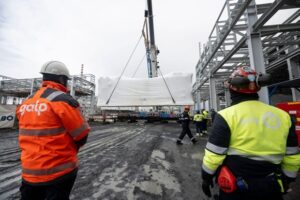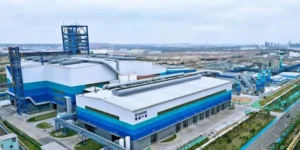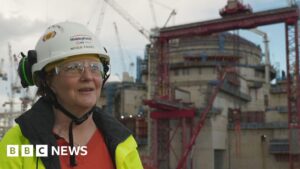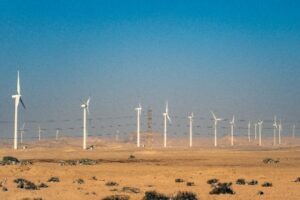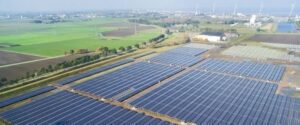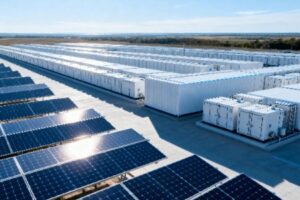Hydrogen-only railway line will provide free travel to all passengers for two months as compensation for ‘complete failure’
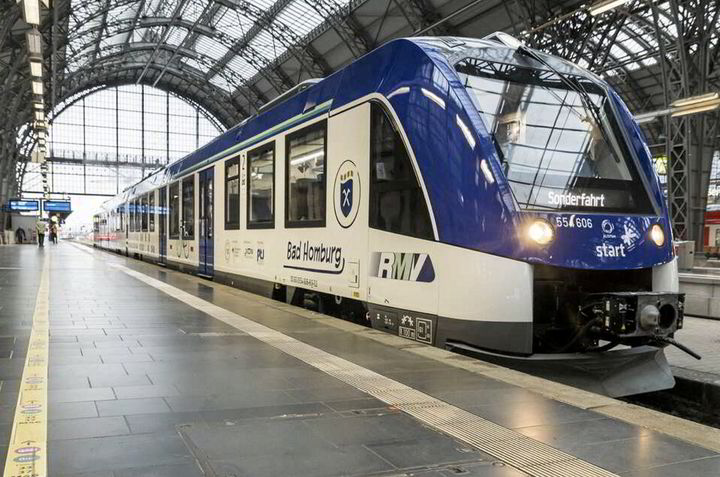
A rail line in Germany run entirely with hydrogen trains will be providing free travel to all passengers throughout April and May as compensation for what the chairman of the railway’s supervisory board described as a “complete failure”.
The RB15 line in the Frankfurt region, one of the four railways on the mountainous Taunus network, has faced a host of problems since it was supposed to make the switch from diesel to hydrogen in December 2022, resulting in the cancellation of 19% of its scheduled trains in 2023.
“There has never been such a failure in the performance and reliability of a regional train line,” said Knut Ringat, managing director of the RMW, the public body responsible for planning, organising and financing transport in the region.
Ulrich Krebs, the chairman of RMV’s supervisory board, admitted: “The start of the hydrogen trains was a complete failure.
“As compensation for the people in the [region], the use of the Taunusbahn will be completely free of charge in April and May.”
It is the first time such a move has been made in the entire German public transport system, according to the RMV.
Article continues below the advert
“We want to regain the trust of customers with this campaign,” added Ringat.
French manufacturer Alstom had been supposed to deliver 27 of its new Coradia iLint H2 trains by 11 December 2022, but only six actually arrived by that date — all of which proved to be defective, requiring the retrofitting of new hardware and software components.
There were then problems with the new hydrogen refuelling equipment, and many of the diesel locomotives brought in as temporary replacements for the missing trains also had problems, and the local rail operator, Start Deutschland, closed the RB15 line for several weeks in January and February 2023.
The lack of working trains meant that drivers could not be trained on the new hydrogen locomotives, and that work shifts could not be properly planned. So when there were enough fuel-cell trains available, there were not enough fully trained drivers to operate them.
By June 2023, 20 of the 60 drivers employed by Start on the Taunusbahn — which connects Frankfurt with other cities, towns and villages in Hesse state — had resigned, while almost a fifth were claiming to be too ill to work, prompting a rush to hire new drivers.
On top of this, there were ongoing problems with non-functioning toilets on the new trains, and the electronic noticeboards did not provide accurate live information about arrival times. This caused passengers to wait for trains that never arrived, and occasionally made them dash to get a replacement bus, before running back when a train unexpectedly pulled in a few minutes late.
Compounding the misery was the fact that Start Deutschland, a subsidiary of the national rail operator Deutsche Bahn, only took over the operation of the Taunus network from Hessian State Railway, in December 2022, when the entire €500m ($545m) fleet of 27 new hydrogen trains were supposed to be ready for operation.
The final two fuel-cell trains were not delivered by Alstom until December 2023.
The RB15 line is the second in Germany to use only hydrogen trains — 12 in total — with the other 15 operating on the three other lines in the network, alongside diesel locomotives.
According to RMV, all 27 of its hydrogen trains are now in operation “and are currently running with an average reliability of 90%”.
“The 90% reliability of the vehicles must be further improved by the manufacturer Alstom,” said Ringat, adding that refuelling has needed to be more frequent than expected.
“Fortunately, with great effort, [Start] has succeeded in securing the staffing of the train drivers despite the nationwide shortage of skilled workers.”
Germany’s — and the world’s — first hydrogen rail line was launched in August 2022 on transport agency LNVG’s Cuxhaven to Buxtehude route in Lower Saxony, northwest Germany. But the state-owned organisation has since decided that it will replace the remainder of its diesel trains with cheaper-to-operate battery electric models.
Nevertheless, hydrogen trains continue to be ordered around the world, including in California, China and Canada.
